- Descriere
- Specificații
- Informații suplimentare
- Sfaturi practice
- Producător
- Recenzii (0)
Descriere
With the SM1.3, Shanling presents a streamer and DAC that aims to become the core of any good HiFi system. Its AKM AK4499EX and AK4141 chip combo enables it to handle signals up to PCM 32bit 768kHz and DSD512. Its support for a wide range of streaming services, as well as compatibility with DLNA, Airplay 2 and Samba software, make it a flexible network player that will fit seamlessly into your setup.
Streamer WiFi LAN Bluetooth DAC AK4499EX 32bit 768kHz DSD512 Headphone Amplifier Black
With the SM1.3, Shanling presents a streamer and DAC that aims to become the core of any good HiFi system. Its AKM AK4499EX and AK4141 chip combo enables it to handle signals up to PCM 32bit 768kHz and DSD512. Its support for a wide range of streaming services, as well as compatibility with DLNA, Airplay 2 and Samba protocols, make it a flexible network player that will fit seamlessly into your setup.
Shanling SM1.3: A powerful device
The SM1.3 has been developed on the foundation of the 64bit ARM Cortex A55 processor, and aims to be the new gold standard for the next generation of Shanling streamers. It takes as its software platform a deeply modified version of Android 12, optimized for Hi-Fi use, and integrates 4GB of RAM, 64GB of memory, and an M.2 SSD slot.
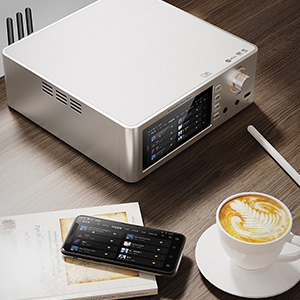
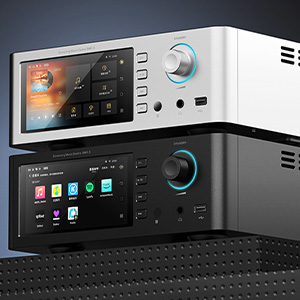
Shanling SM1.3: Aesthetic design
The aesthetics of the SM1.3 follow the standard set by their MCD1.3 CD player, and feature the same minimalist design, enabling it to blend into many interiors. The aluminum body with its rounded angles, topped by a glass panel, and the presence of a 5.8” 1080p touchscreen bring a refined yet robust design to the device.
Shanling SM1.3: New user interface
As the SM1.3 is intended to be the new baseline for Shanling, the brand has taken the opportunity to rework its entire user interface. The new UI focuses on simpler, faster access to all levels of the system, with an optimized main menu, settings and playback controls. A reduced number of elements and clearer labeling give the system a more streamlined appearance and faster navigation.
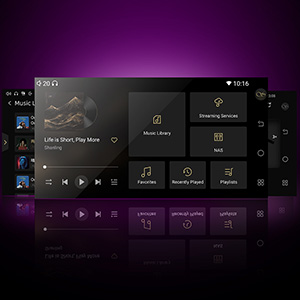
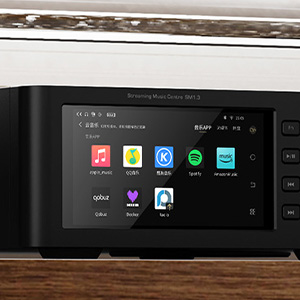
Shanling SM1.3: Extended compatibility
The SM1.3 is designed to be both comprehensive and easy to use, with direct integration of numerous streaming applications such as Spotify, Tidal, Qobuz, Apple Music, Apple Classical, Presto Music and KKBox. Furthermore, it’s compatible with DLNA and Airplay 2 network protocols for easy access. Finally, you can also enable the SM1.3 to connect to your NAS, thanks to Samba support.
Shanling SM1.3: Silent power supply
The SM1.3’s power supply stage was designed with meticulous attention to detail. To avoid interference as much as possible, the network playback section and the audio signal processing section are powered independently. Two 31W toroidal transformers provide a linear, low-noise power supply, providing stable, clean power to each section of the device.
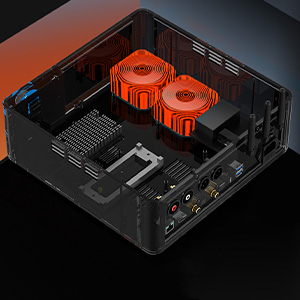
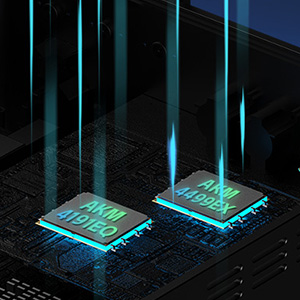
Shanling SM1.3: Advanced audio signal processing
The SM1.3 incorporates AKM’s flagship AK4499EX and AK4141 chip pair. This duo of a DAC chip and a Delta-Sigma modulator converts a digital signal up to PCM 32bit 768kHz and DSD512 into an analog signal with highly detailed results, a vast soundstage and a warm, natural sound. The line output benefits from a MUSES8920 OPA, allowing you to use the SM1.3 as a pre-amplifier. Furthermore, a 6.35mm headphone output with a dedicated OPA TPA6120 is also available on the front panel, allowing you to use it as a headphone amplifier.
Shanling SM1.3: Extensive connectivity
The SM1.3 benefits from both wired Internet connectivity via Ethernet, and wireless connectivity via Wifi standard 6, ensuring a fast, stable connection in all cases. Furthermore, you can connect to the SM1.3 via Bluetooth 5.2, while retaining excellent sound quality thanks to support for the high-resolution codecs LDAC, aptX, aptX Adaptative, aptX HD and aptX Low-Latency.
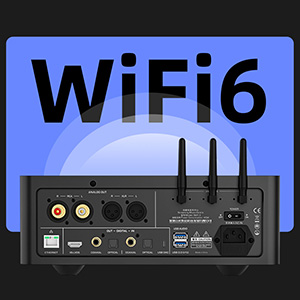
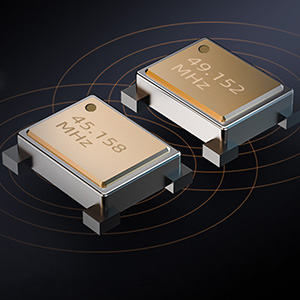
Shanling SM1.3: ACCUSIOLICON Internal clocks
The SM1.3 uses ACCUSILICON 45.1584MHz and 49.152MHz clocks for greater precision and performance when decoding high-resolution music, supported by Shanling’s AGLO (Android Global Lossless Output) system for bit-perfect sound results, even on Android.
Shanling SM1.3: XMOS XU316
The SM1.3’s USB inputs feature an XMOS XU316 USB interface. This high-performance microcontroller enables fast, efficient processing of audio streams via USB. It also guarantees support for PCM signals up to 32bit 768kHz and DSD up to DSD512.

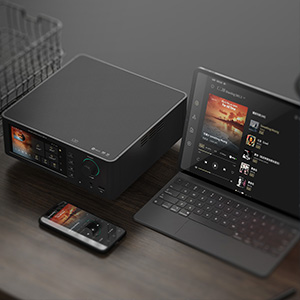
Shanling SM1.3: I2S Pinout
Shanling SM1.3: Remote control
| Specifications | |
|---|---|
| Product type | Streamer DAC Headphone amplifier |
| Inputs | 1x RJ45 1x Coaxial 1x Optical Toslink 1x USB-C 2x USB-A |
| Outputs | 1x Single-ended stereo RCA 1x Balanced stereo XLR 1x HDMI I2S 1x Coaxial 1x Optical Toslink 1x 6.35mm jack headphone output |
| Wireless connectivity | Wifi 6 Dual-band 2.4G/5G Bluetooth 5.2 |
| DAC Chips | 1x AK4499EX 1x AK4141 |
| Touch screen | 5.8″ 1080p |
| OS | Custom Android 12 |
| Supported Bluetooth codecs | LDAC / aptX HD / aptX Adaptative / aptX Low-Latency / aptX / AAC / SBC |
| Supported sampling rates | PCM 32bit 768kHz DSD512 MQA |
| Supported audio formats | DSD, DXD, APE, FLAC, WAV, AIFF/AIF, DTS, MP3, WMA, AAC, OGG, ALAC, MP2, M4A, AC3, OPUS, TAK, CUE |
| Headphone output power | Low gain: 19mW @ 32Ω Medium gain: 180mW @ 32Ω High gain: 1015mW @ 32Ω High gain: 132mW @ 300Ω |
| Output level | RCA: 2.36V XLR: 4.72V |
| Frequency response | 20Hz – 40kHz (-0.5dB) |
| Total harmonic distortion more noise (THD+N) | RCA: 0.0003% XLR: 0.0003% Jack 6.35mm: 0.0013% @ 32Ω |
| Dynamic range | RCA: 118dB XLR: 121dB Jack 6.35mm: 117dB @ 32Ω |
| Signal-to-noise ratio (SNR) | RCA: 0.0003% XLR: 0.0003% Jack 6.35mm: 0.0013% @ 32Ω |
| Channel separation | RCA: 117dB XLR: 117dB Jack 6.35mm: 70dB @ 32Ω |
| Storage capacity | 64GB + Slot SSD M.2 |
| Output impedance | Jack 6.35mm: 4.7Ω |
| General | |
|---|---|
| Power supply voltage | ONLY 220V |
| Dimensions | 280 x 280 x 110mm |
| Weight | 6.4kg |
| Color | Black |
| Package | 1x Shanling SM1.3 1x Remote control 1x USB-A to USB-C cable 1x Power cable 3x Wifi/Bluetooth antennas |
Informații suplimentare
| Producător | |
|---|---|
| Disponibilitate | La Comandă * Se aduce la comandă in 3-6 zile. |
| Unitate Pret | Bucata |
Explicatii in ceea ce priveste rodajul echipamentelor, cat si al cablurilor, asezarea optima a echipamentelor in camera de auditie, importanta acusticii camerei si nu in ultimul rand sistemul de alimentare a intregului echipament:
PENTRU BOXE:
- Pentru performante optime este necesara pozitionarea boxelor la o distanta de minim 30-40cm de peretele din spate pentru boxele cu bass-reflex in spate, pentru cele cu bass-reflex in fata, recomandam pozitionarea la o distanta de 10-20cm fata de peretele din spate, dar totodata la o distanta de cel putin 50cm fata de peretii laterali. Tineti cont de faptul ca orice piesa de mobilier din incapere, joaca rol de absorbtie fonica, dar si de difuzie fonica daca acestea din urma sunt din materiale ceramica sau oglinzi, geamuri sau alt material reflectorizant. In acest sens, gasiti pe blogul nostru, multiple articole care va pot ajuta
- Boxele vor ajunge sa functioneze in parametrii recomandati de producator, dupa minim 50 de ore (ideal 100 ore) de functionare la volum mediu. In aceasta perioada de timp, de “rodaj a boxelor”, sunetul va fi la inceput mai artificial, bass-ul nu va fi inca controlat, inaltele rigide iar vocile usor retinute, pe masura ce boxele vor functiona, veti remarca cum bas-ul devine mai controlat, mai prezent si mai voluminos, vocile si sunetele medii devin naturale si mai echilibrate, iar inaltele devin rafinate si detaliate. Exista boxe care necesita un „rodaj” mai amplu de minim 300 de ore mai ales in cazul celor care au difuzoare de kevlar, carbon sau alte materiale de acest tip. Boxele care se „rodeaza” cel mai repede sunt cele care au difuzoare de celuloza.
Imbunatatirea sunetului unui sistem audio stereo (Partea I)
Imbunatatirea sunetului unui sistem audio stereo – (Partea II)
PENTRU AMPLIFICATOARE, DAC-URI, PREAMPLIFICATOARE, RECEIVER STEREO & HOME CINEMA, SURSE DIGITALE AUDIO-VIDEO:
- Pentru performante optime este necesar „rodarea” echipamentului, In functie de complexitatea componentelor din aparatul dumneavoastra acesta poate dura intre 30-200 ore.
- Rodajul se face la volum minim, fiind astfel suficient faptul ca acesta este alimentat corect conform manualului de utilizare la 220-230 Volti si trece semnal audio sau video dupa caz prin el.
- Echipamentul supus „rodajului” va ajunge sa functioneze in parametrii recomandati de producator, dupa perioada mai sus mentionata. In aceasta perioada de timp, de “rodaj”, sunetul va fi la inceput ceva mai artificial, bass-ul nu va fi inca controlat, inaltele rigide iar vocile usor retinute, pe masura ce echipamentul va functiona, veti remarca cum bas-ul devine mai controlat, mai prezent si mai voluminos, vocile si sunetele medii devin naturale si mai echilibrate, iar inaltele devin rafinate si detaliate.
- In ceea ce priveste echipamentul video precum videoproiector, TV, media player, blueray player, necesita un "rodaj" de cel putin 50 de ore. Lipsa acestuia nu va poate oferi maxim de performanta. "Rodajul" se efectueaza prin simpla utilizare a acestuia, intr-un mod conform specificatiilor mentionate de producator.
PENTRU CABLURI:
- Pentru performante optime este necesara „rodarea” cablurilor, In functie de complexitatea conductorului folosit, cat si geometriei acestuia, „rodajul” poate dura intre 30-100 ore.
- Rodajul se face la volum minim, fiind astfel suficient faptul ca va trece semnal audio sau video dupa caz prin el.
- Cablul supus „rodajului” va ajunge sa functioneze in parametrii recomandati de producator, dupa perioada mai sus mentionata. In aceasta perioada de timp, de “rodaj”, sunetul va fi la inceput ceva mai artificial, pe masura ce cablul va functiona, veti remarca cum bas-ul devine mai controlat, mai prezent si mai voluminos, vocile si sunetele medii devin naturale si mai echilibrate, iar inaltele devin rafinate si detaliate.
Articole indrumatoare:
Tratamentul Acustic si Izolarea Fonica
Pentru un sistem echilibrat, trebuie tinut cont pe langa asezarea corecta a boxelor in incapere, al echipamentelor, sistemul de alimentare al acestora, tinand cont de instalatia electrica a locatiei.
Pentru detalii privind aceste aspecte de rodaj si nu numai, va rugam sa ne consultati!

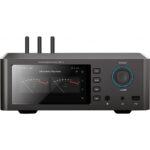
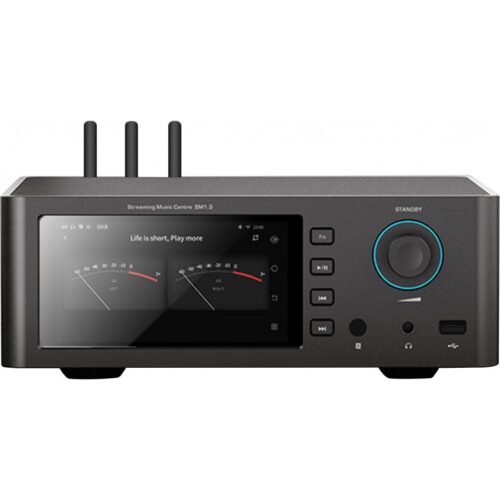
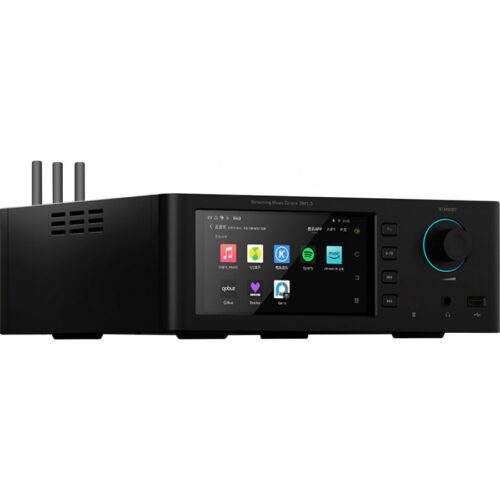
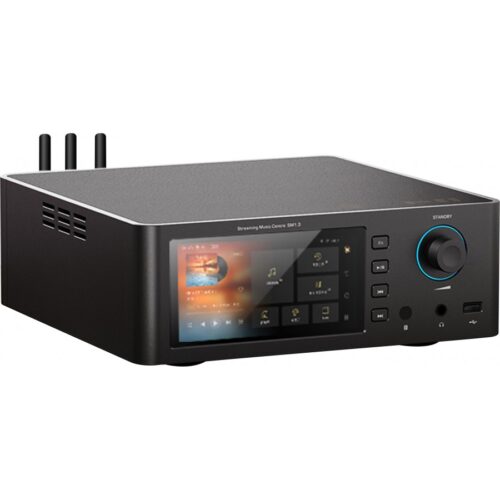
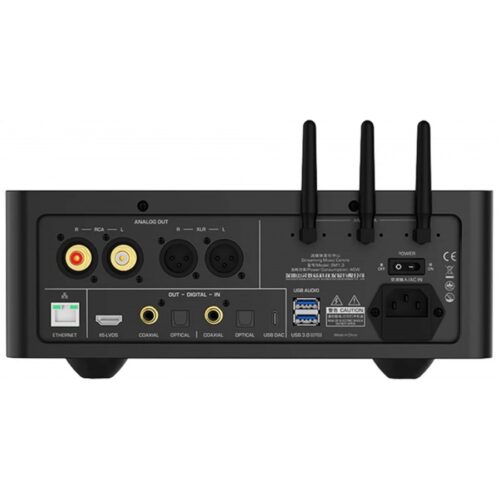
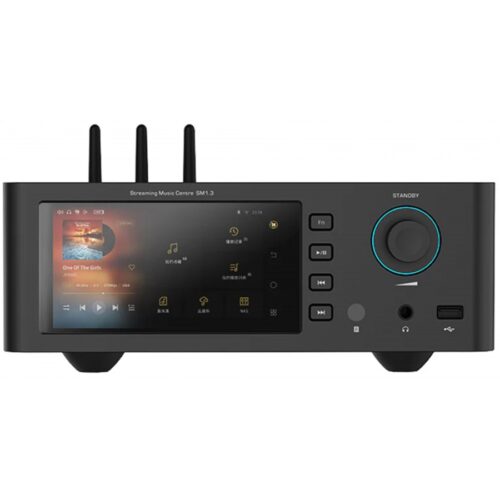
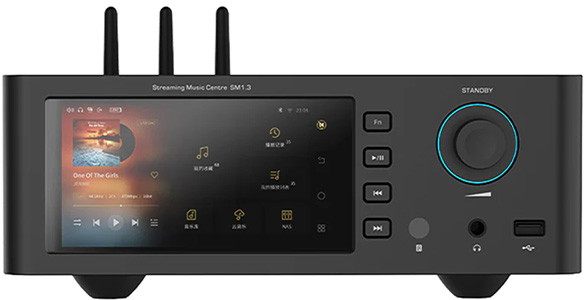
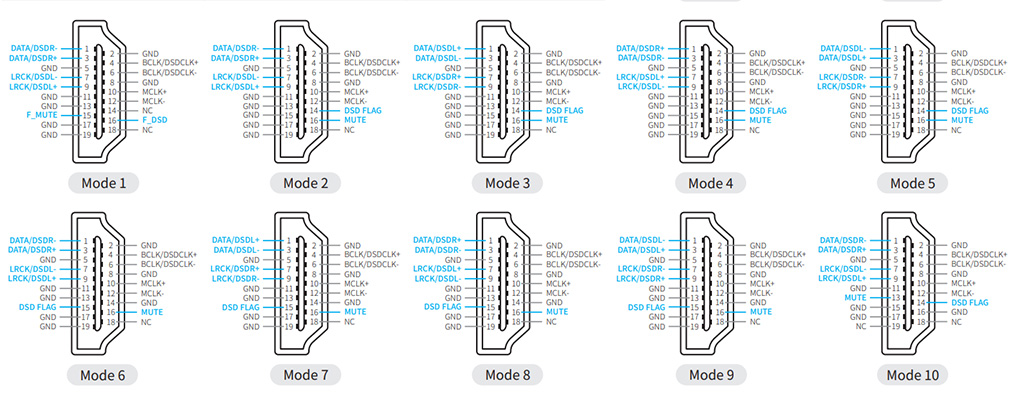
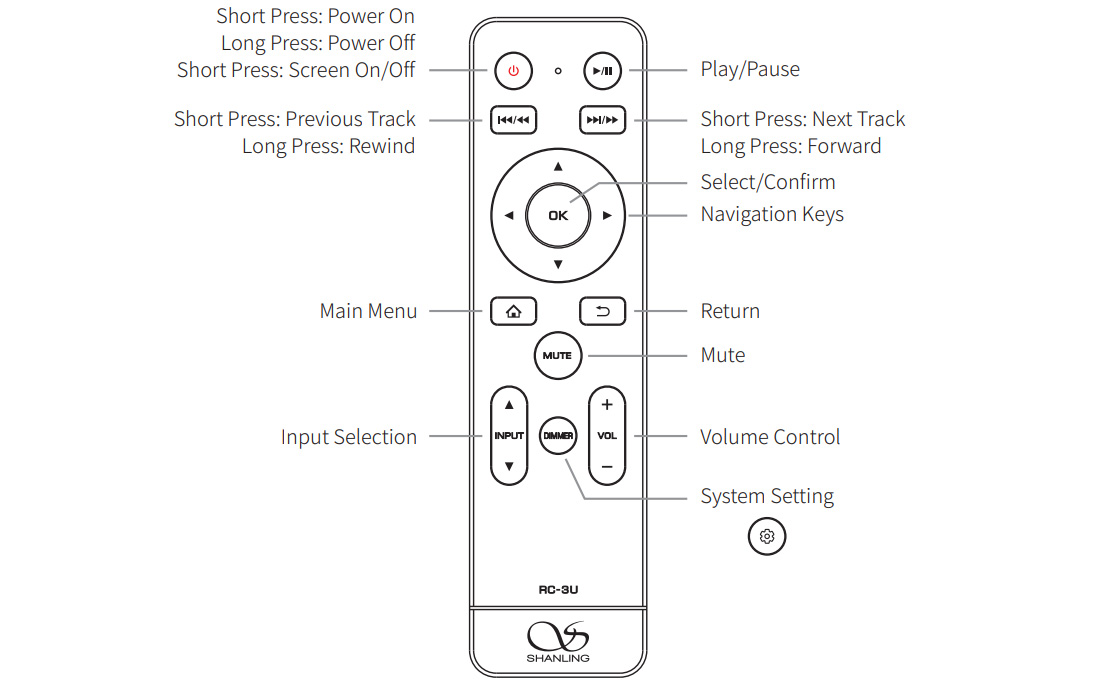
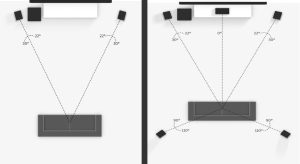
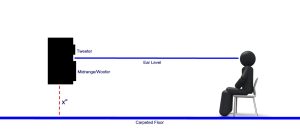
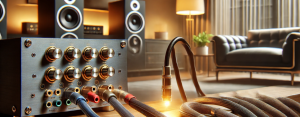


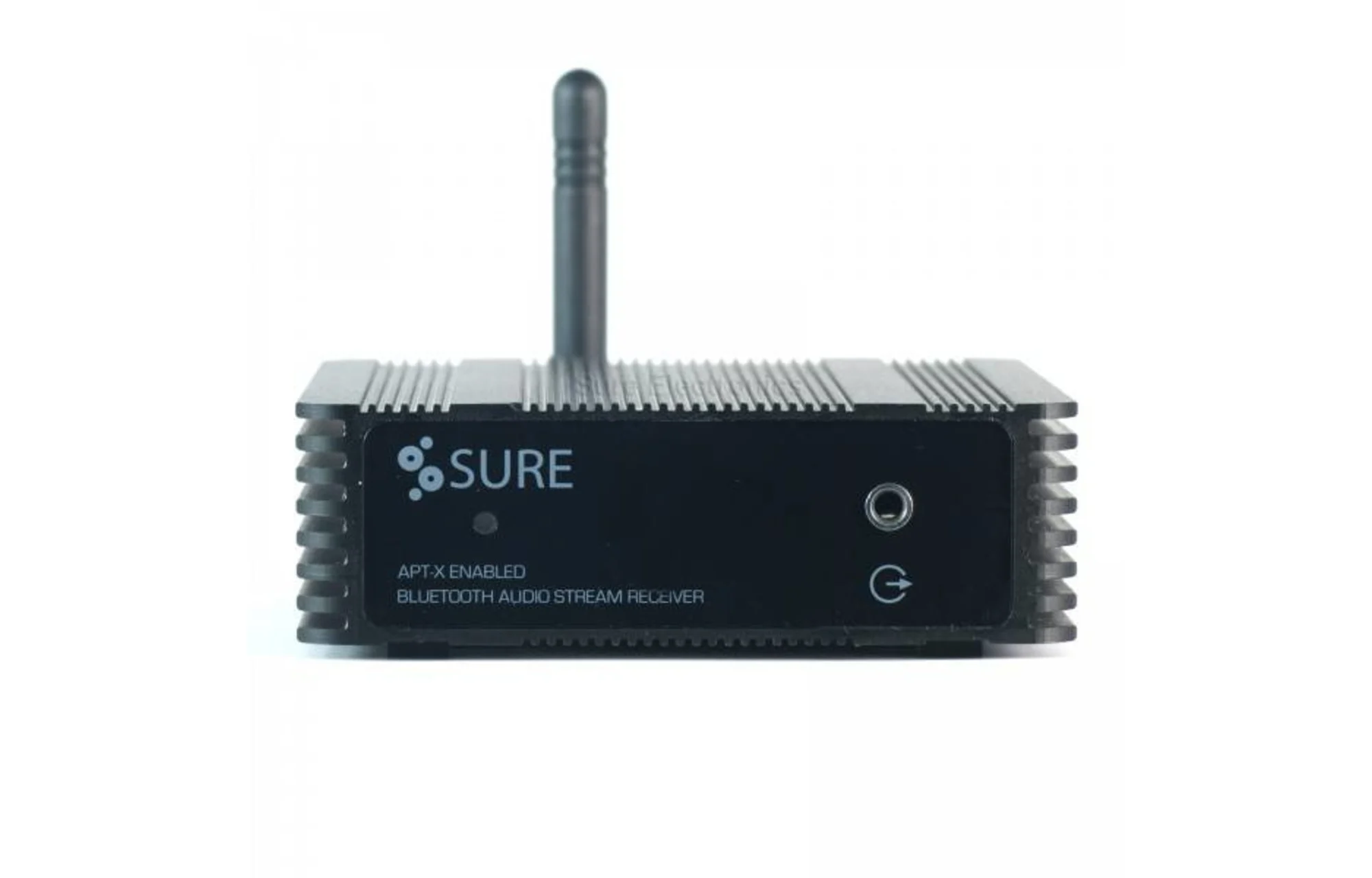

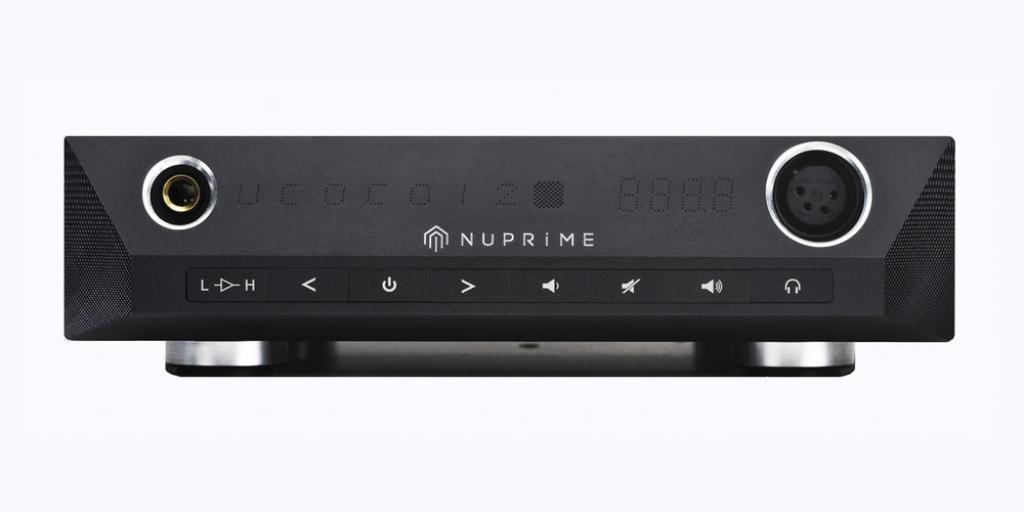
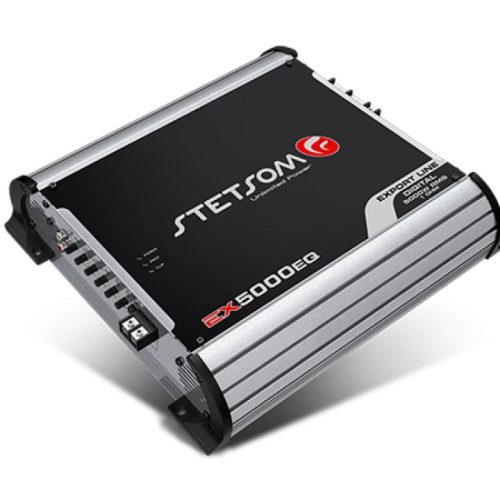

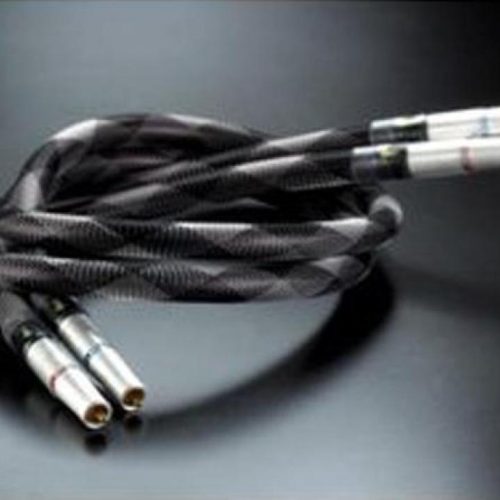

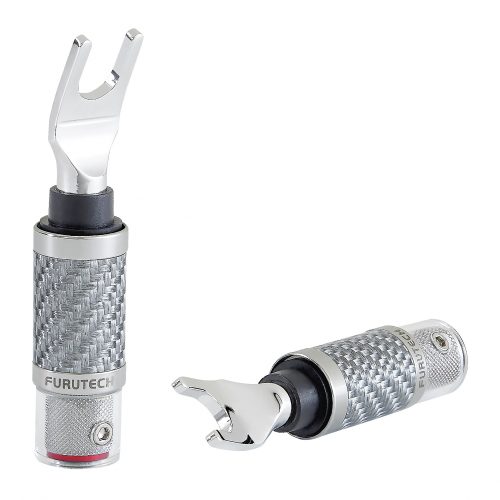
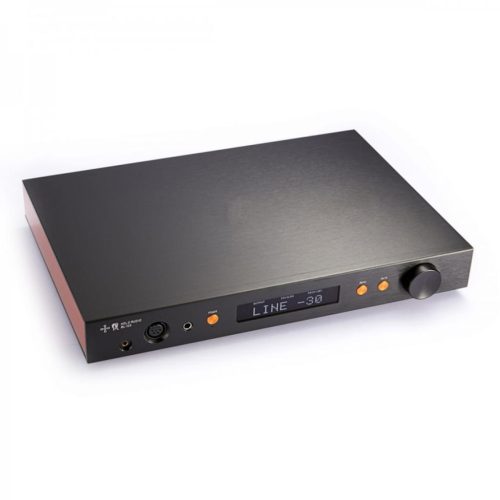
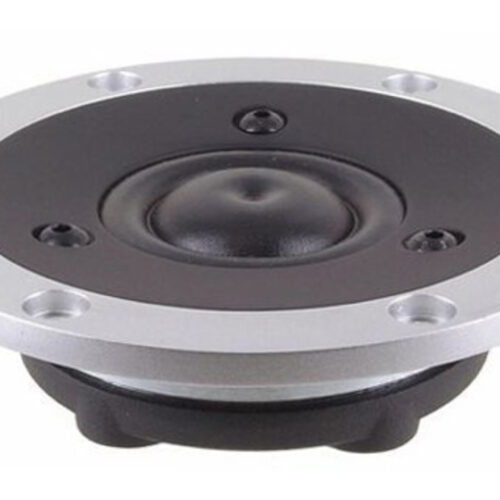
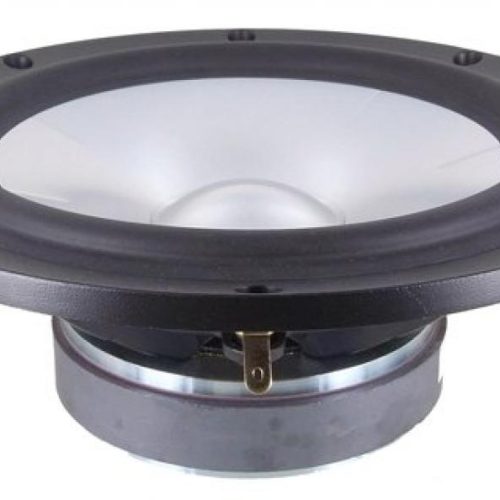
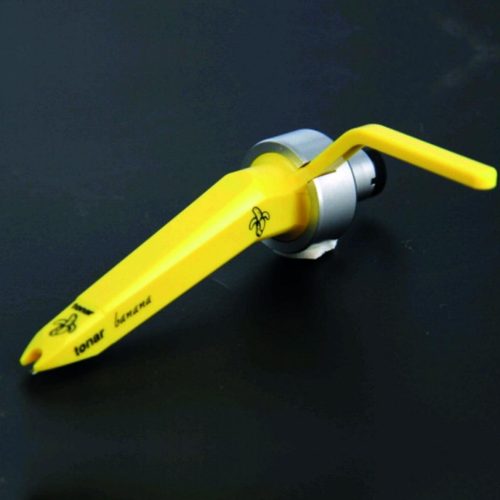


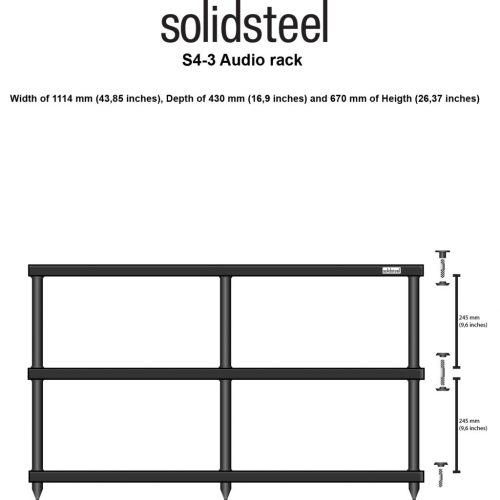
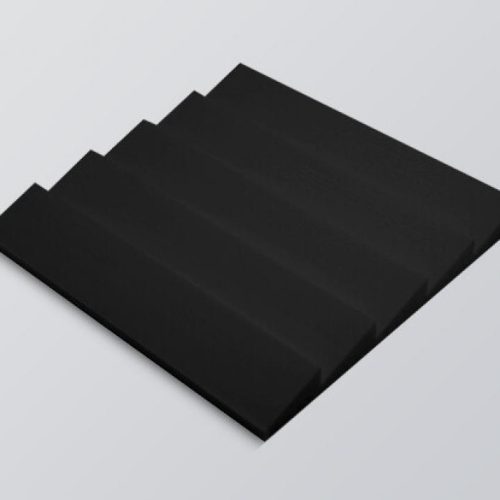
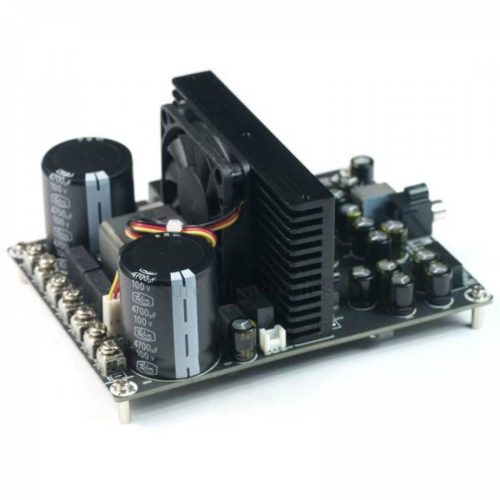
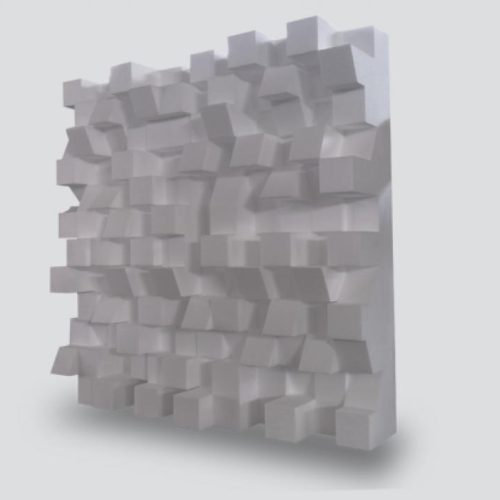
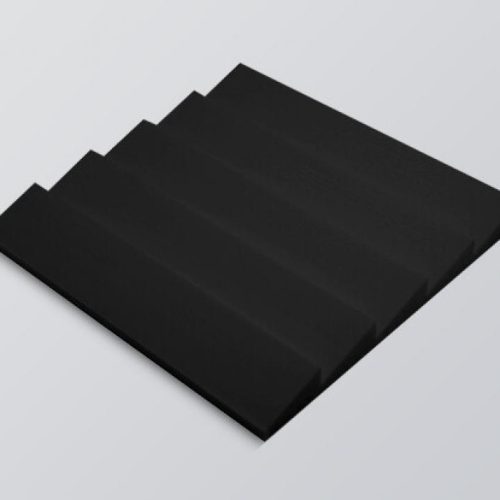
Recenzii
Nu există recenzii până acum.